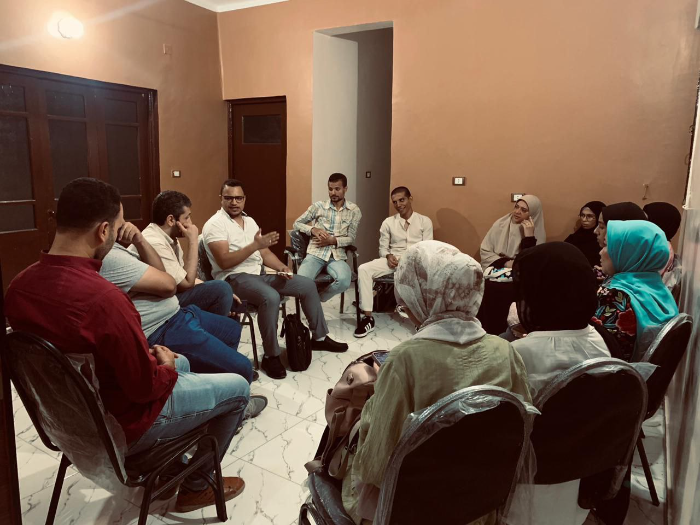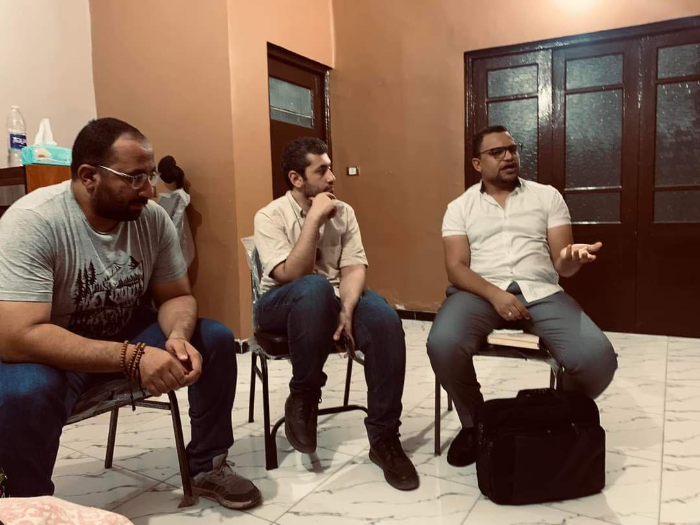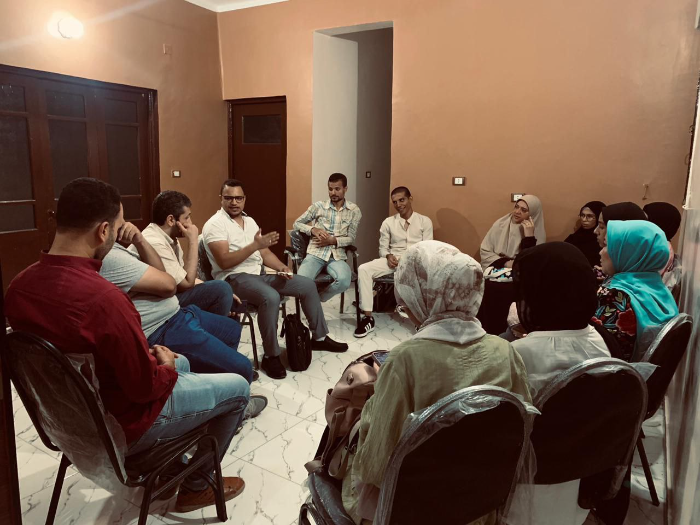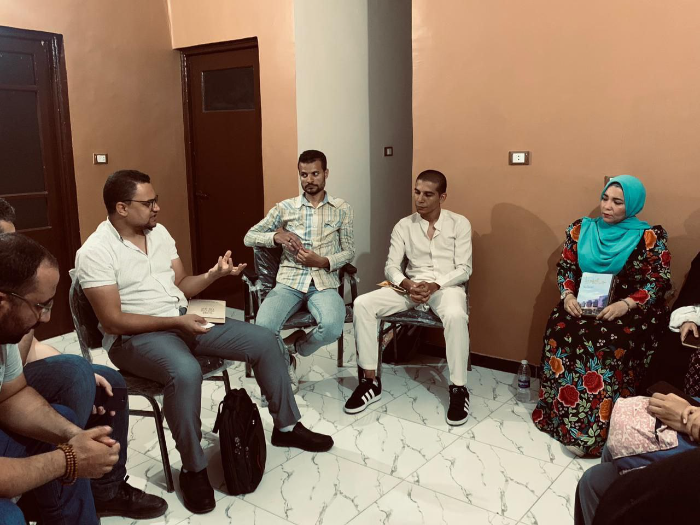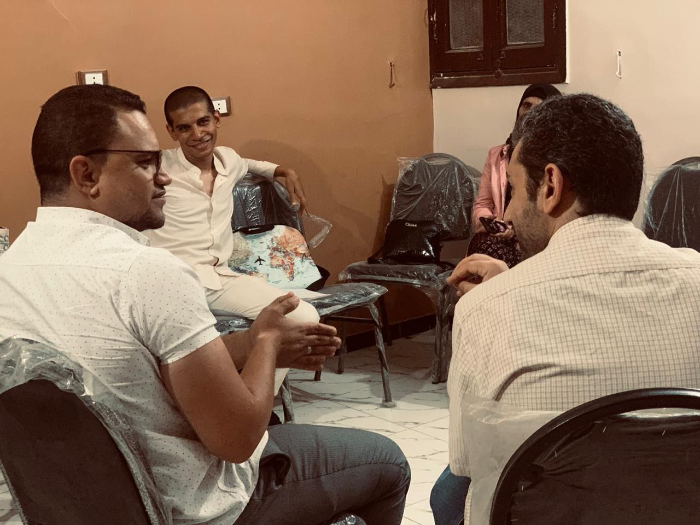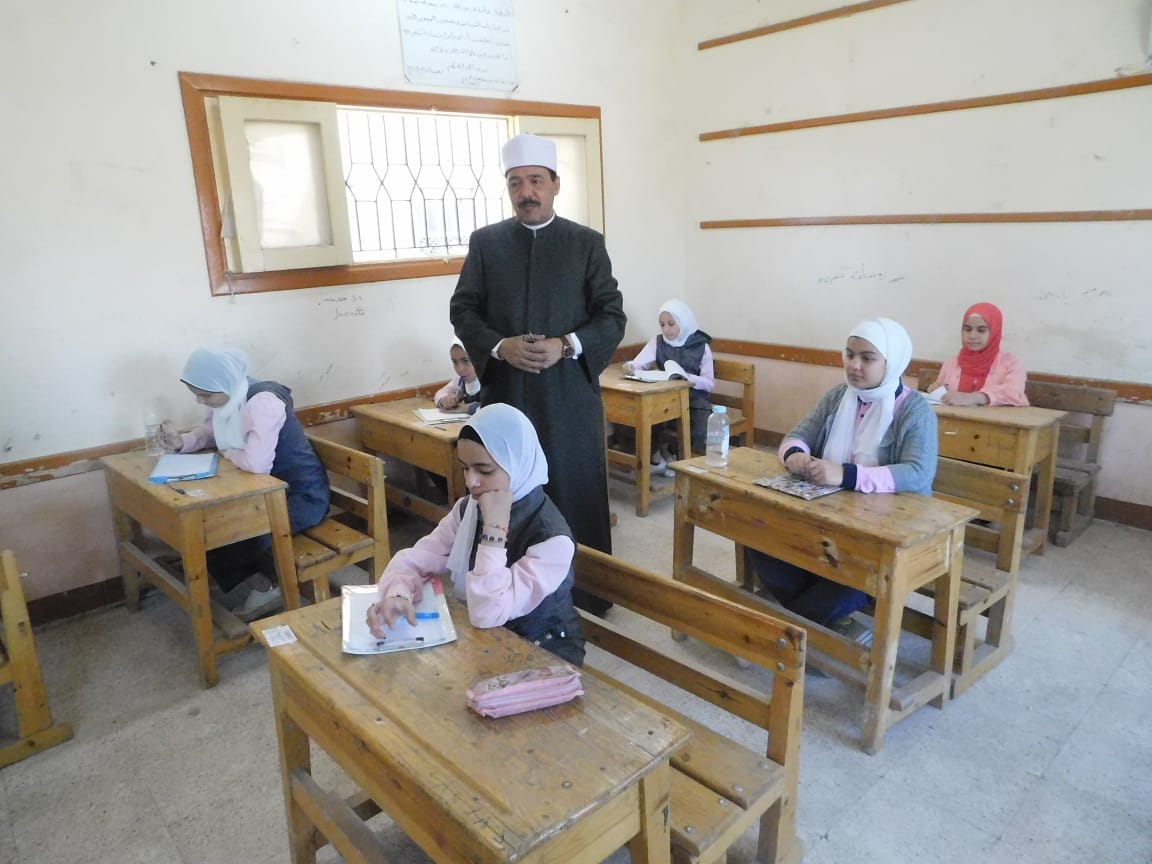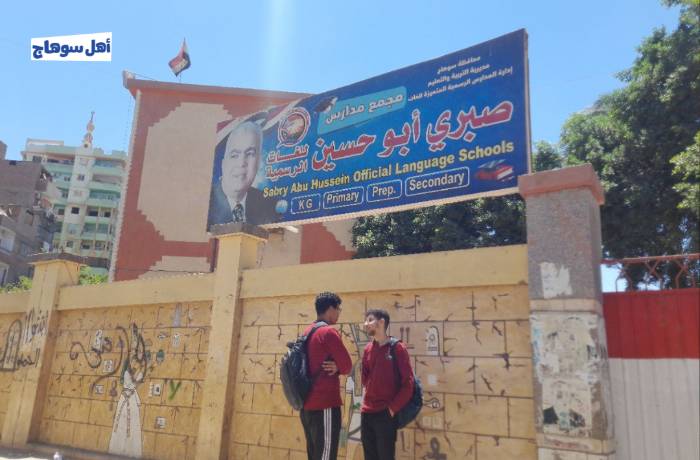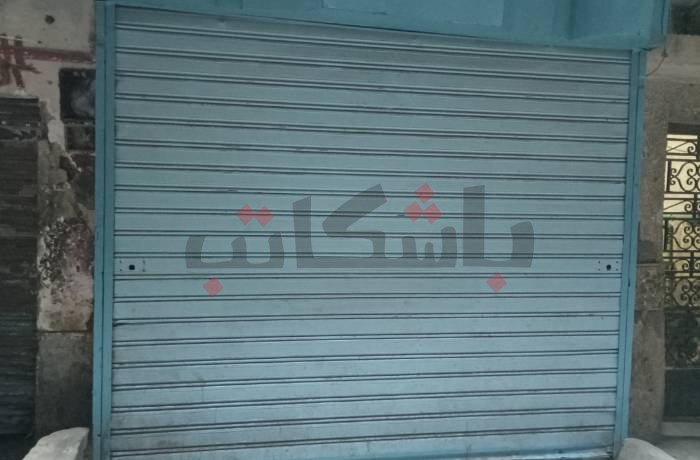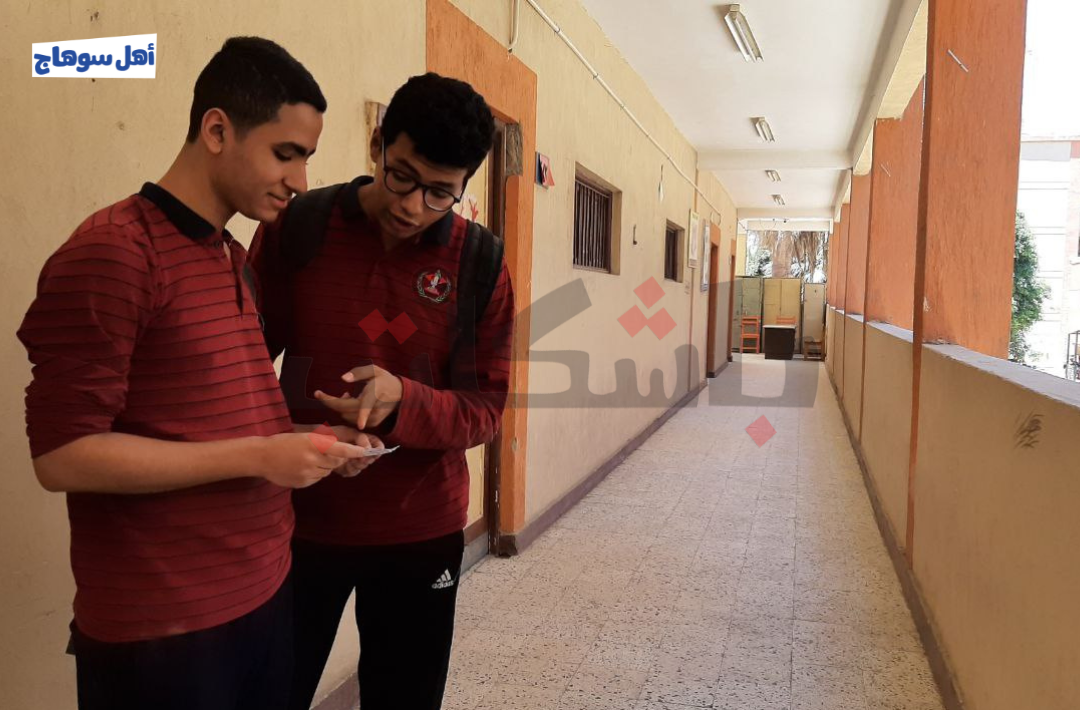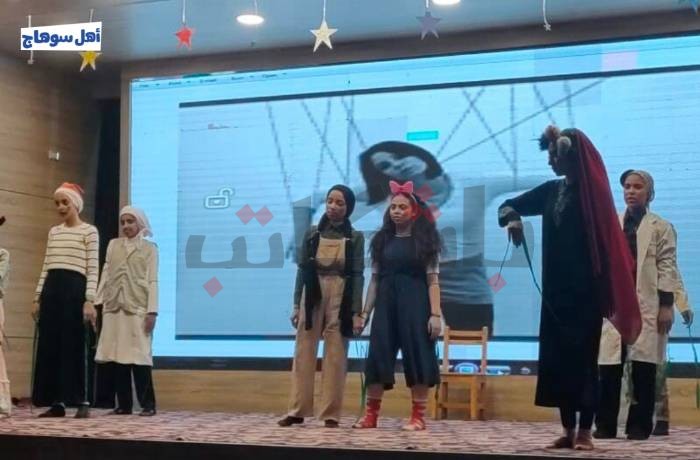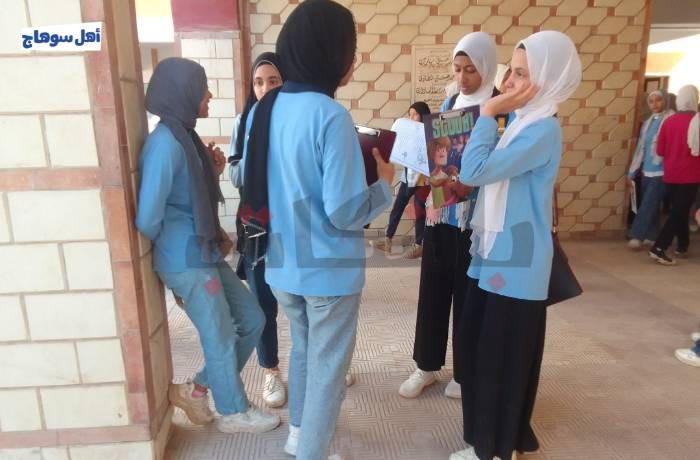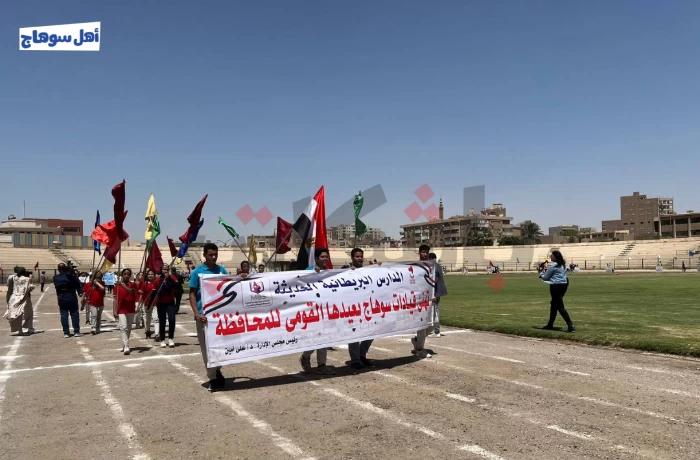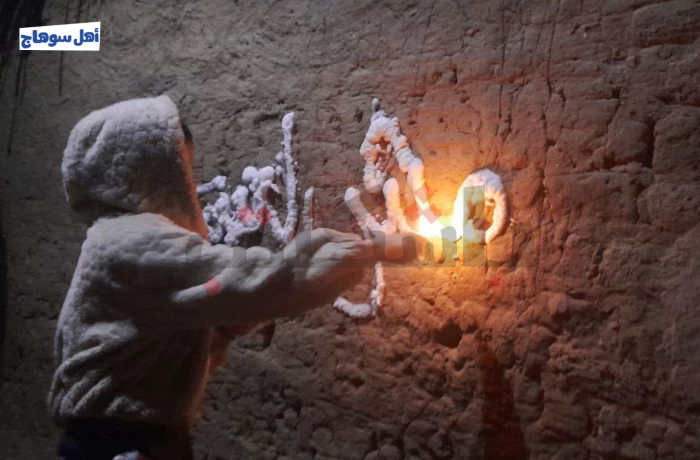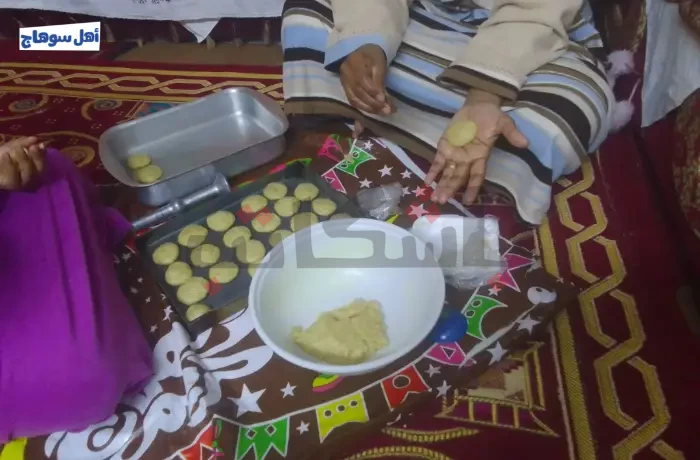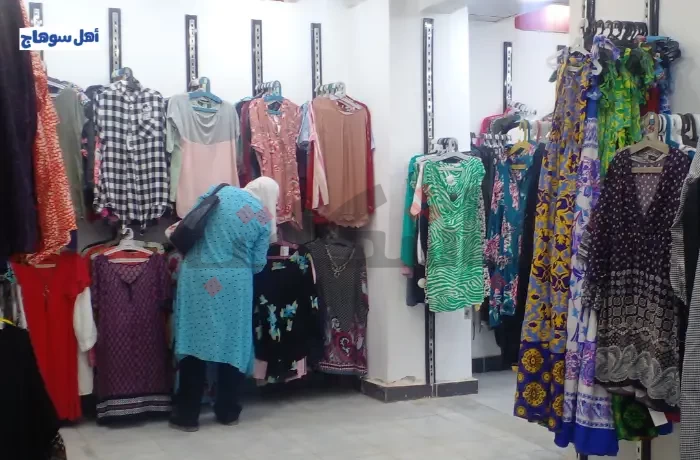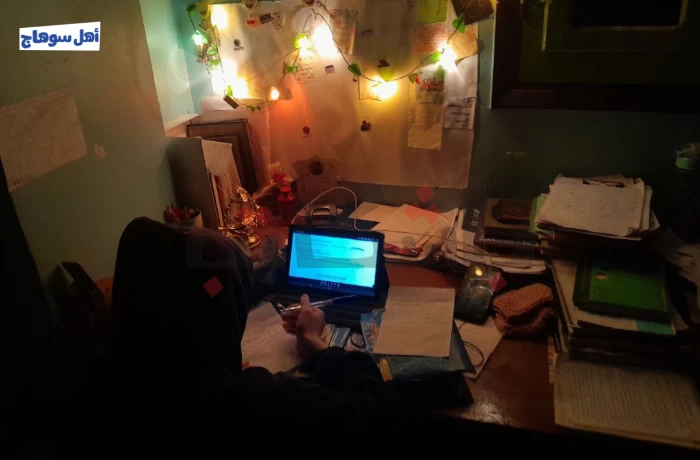It wasn’t just a random choice the Mishkah Cultural Salon made, but rather a smart calculated one, aiming at creating a real heated discussion, as the Salon delved deep in Naguib Mahfouz’s “Children of the Alley” during their last week’s literary night.
The Egyptian Society’s Struggles in a Book
Children of the Alley is considered the most famous novel by the Nobel winner; the writer was so criticised for it to the point of being accused of blasphemy and violating religious sanctities and the Divine Entity. Moreover, Mafouz survived an assassination attempt in 1995 because of it, and he commented on these attacks saying that his book was understood in a way he didn’t intend to convey.
The novel’s events and characters were discussed, and Hesham Mohamed, one of the attendees, was engrossed in the running discussion, and said that Mishkah is a space for respectable open-minded discussions, where anyone can speak their minds freely. Hesham believes that what makes the novel unique is that it can be understood from more than one perspective, “it places us in the heart of Egyptian society and its different struggles.”
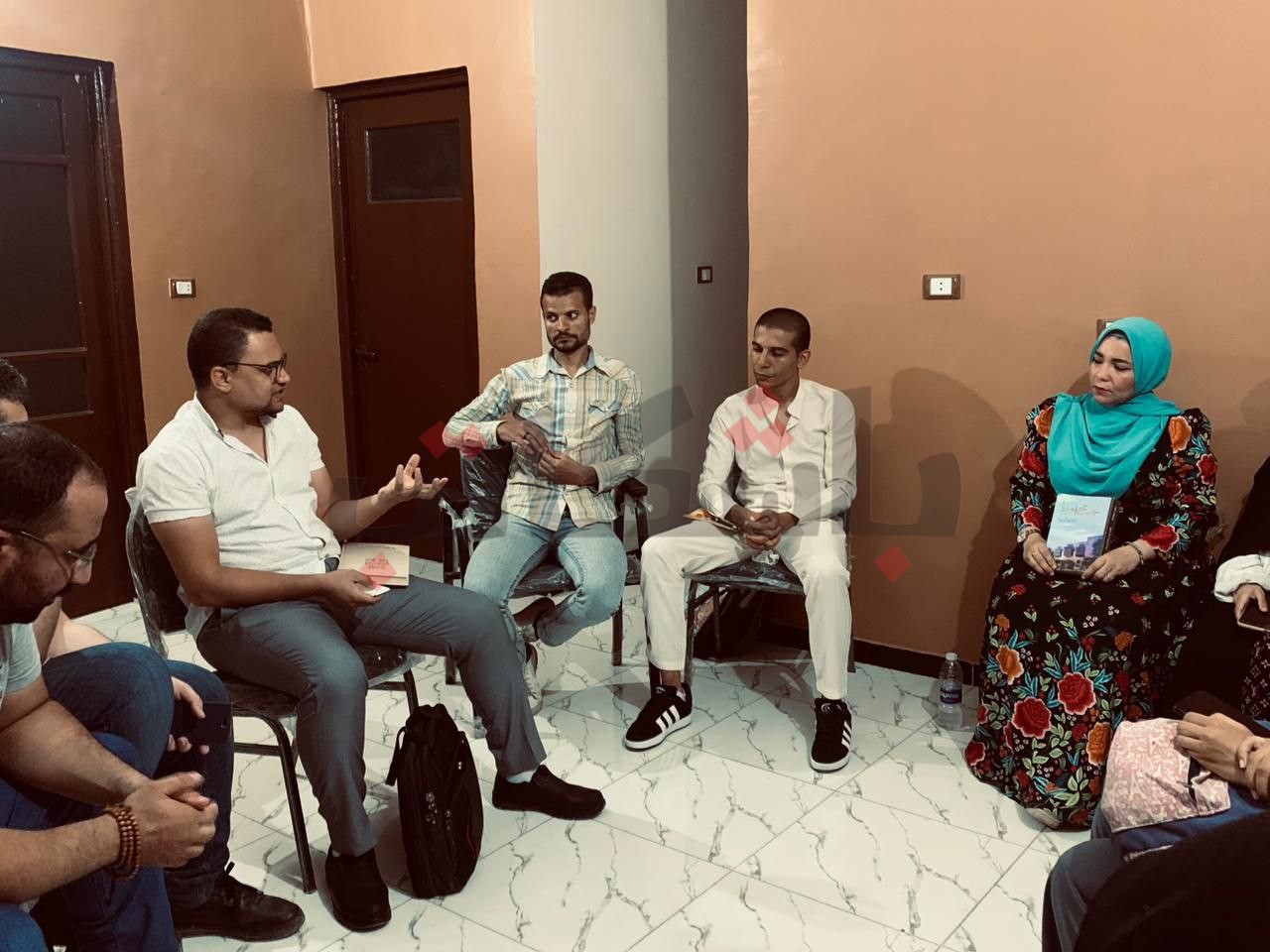
Among Ten Most Important Writers
The novel was chosen by readers' vote, says Bahaa Abdulrahman, one of the attendees, adding that the difference in intellectual opinions about the novel is what aroused his curiosity to read it, pointing out that Naguib Mahfouz is one of the ten most important novelists for him.
Abdulrahman was encouraged to attend this discussion arranged by Mishkah, as the salon is distinguished by giving the opportunity for all to express their opinions equally, “the thing that enriches my knowledge and gives me more flexibility in mind.”
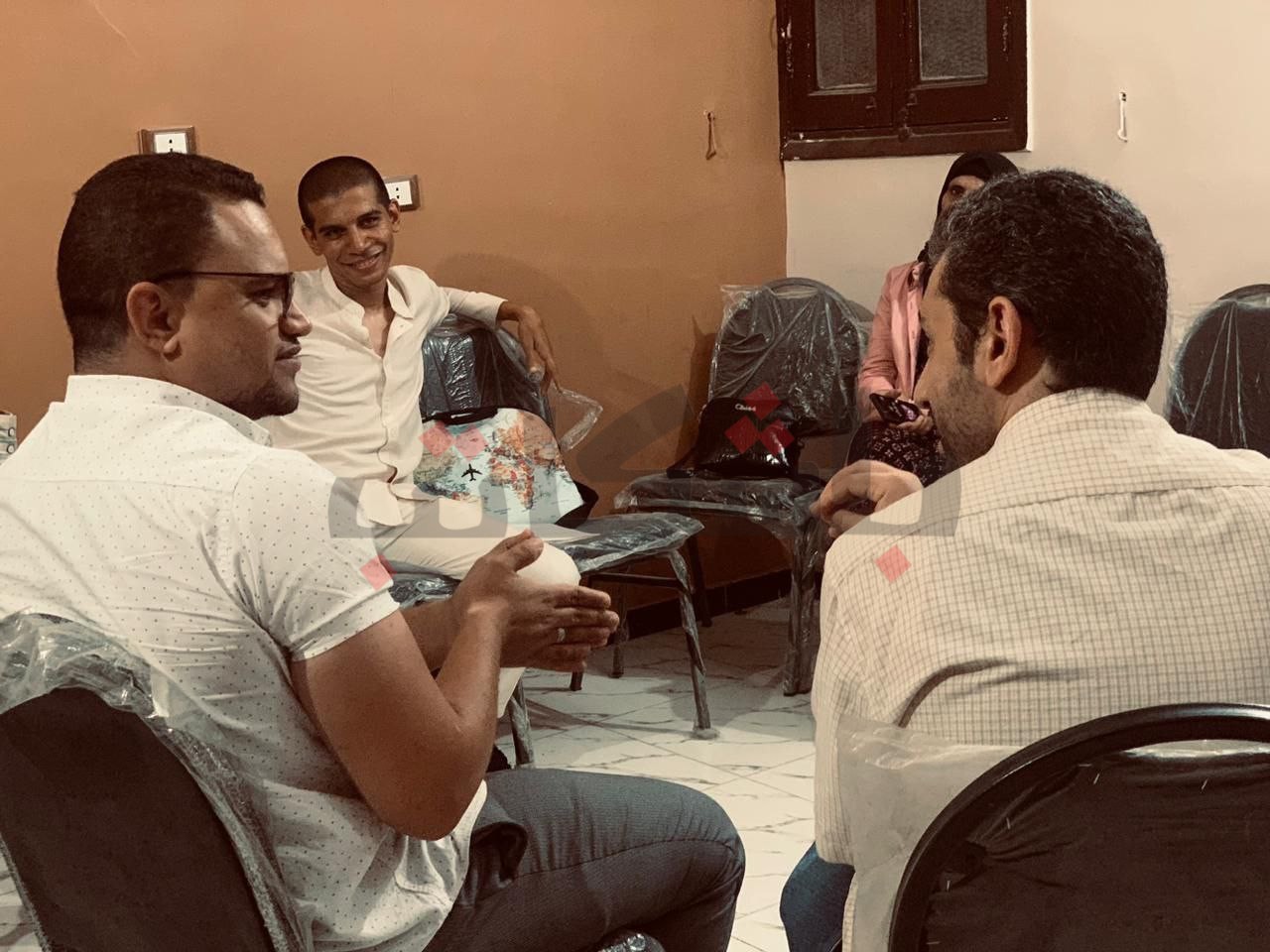
Cultural Haven for Book Lovers
Sahar Al-Jamil, one of Mishkah Cultural Salon founders, says that the salon was founded in 2020 and the first discussion there was on 20th August exactly; the salon’s idea revolves around voting to choose a novel or a book, putting it up for discussion every month.
Sahar adds that attendance is open for everyone and all ages, but most importantly attendees should be able to understand and participate in the discussions, “chosen books are not suitable for children.”
Mona Nagy, a co-founder, says that the salon is like a breather for readers, where they relieve any psychological pressures they are going through by discussing books.
